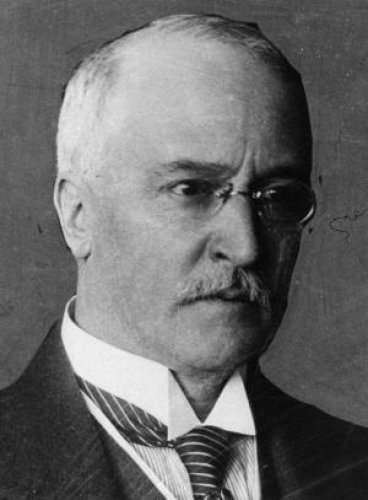Saturday 27th February 1892
Rudolf Diesel filed for a patent at the Imperial Patent Office in Germany. Within a year, he was granted Patent No. 67207 for a “Working Method and Design for Combustion Engines . . .a new efficient, thermal engine.” With contracts from Frederick Krupp and other machine manufacturers, Diesel began experimenting and building working models of his engine. In 1893, the first model ran under its own power with 26% efficiency, remarkably more than double the efficiency of the steam engines of his day. Finally, in February of 1897, he ran the “first diesel engine suitable for practical use, which operated at an unbelievable efficiency of 75%.Diesel demonstrated his engine at the Exhibition Fair in Paris, France in 1898. This engine stood as an example of Diesel’s vision because it was fueled by peanut oil – the “original” biodiesel. He thought that the utilisation of a biomass fuel was the real future of his engine. He hoped that it would provide a way for the smaller industries, farmers, and “common folk” a means of competing with the monopolising industries, which controlled all energy production at that time, as well as serve as an alternative for the inefficient fuel consumption of the steam engine. As a result of Diesel’s vision, compression ignited engines were powered by a biomass fuel, vegetable oil, until the 1920’s and are being powered again, today, by biodiesel. The early diesel engines were not small enough or light enough for anything but stationary use due to the size of the fuel injection pump. They were produced primarily for industrial and shipping in the early 1900’s. Ships and submarines benefited greatly from the efficiency of this new engine, which was slowly beginning to gain popularity. Rudolph Diesel literally disappeared in 1913. There is some question of the timing of Diesel’s death. Some think it might have been accidental or even a suicide. However, others considered a possible political motivation. Diesel did not agree with the politics of Germany and was reluctant to see his engine used by their Naval fleet. With his political support directed towards France and Britain, he was on his way to England to arrange for them to use his engine when he inexplicably disappeared over the side of the ship in the English Channel. This clearly opened the way for the German submarine fleet to be powered solely by Rudolph Diesel’s engine. The Wolf Packs, as they were to become known, inflicted heavy damage on Allied shipping during World War I. Still others believed that the French may have been responsible. Their submarines were already powered by diesel engines. They may have been trying to keep the engines out of both the British and German hands. Whether by accident, suicide or at the hand of others, the world had lost a brilliant engineer and biofuel visionary.






